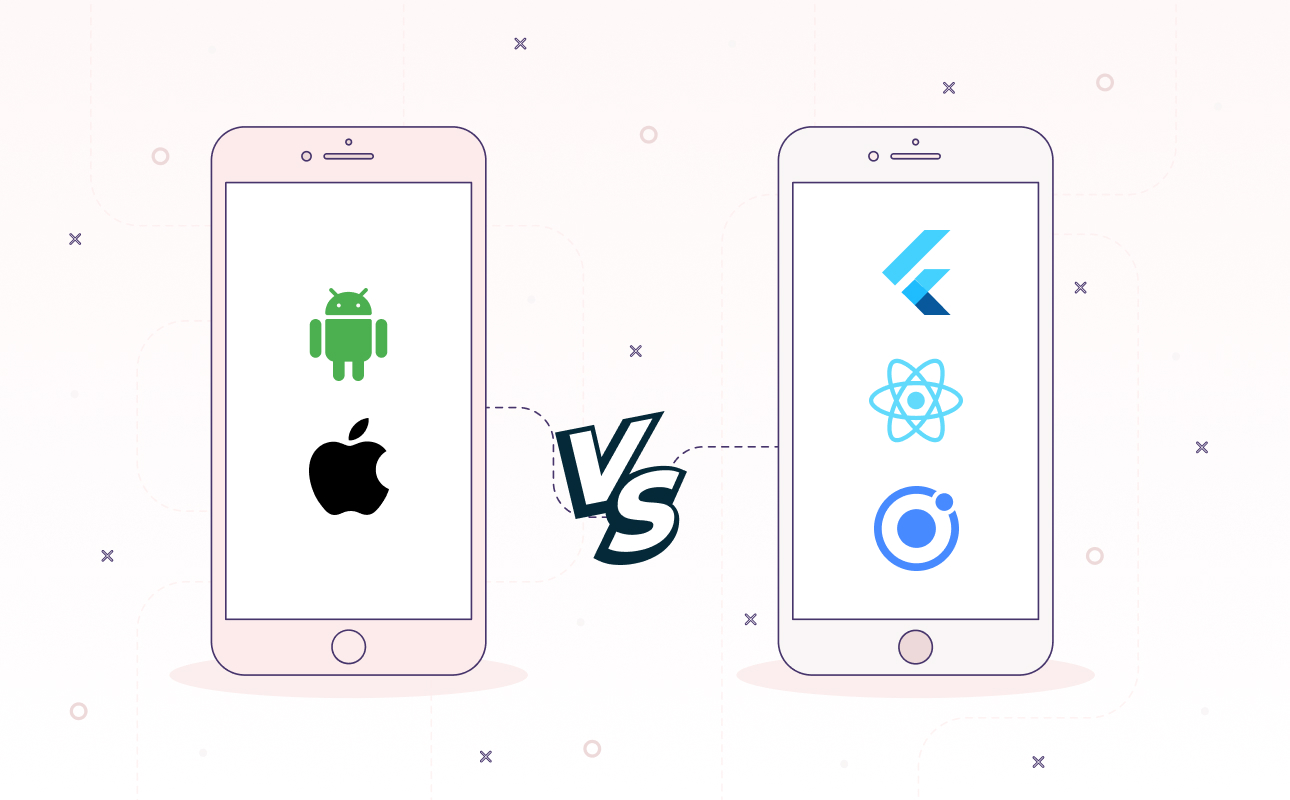Introduction
With over 15 billion mobile phones worldwide, the App Store and Google Play offer a combined total of over 4.4 million apps! So, when you are looking forward to launching a mobile app, one important decision to make is whether to opt for native or cross-platform mobile app development.
The decision to opt for either Native mobile app development or Cross-Platform can have long-term implications in terms of cost, time, and functionality. This article will delve into both options and evaluate the advantages and disadvantages of each.
So, let’s begin by knowing these both mobile app development platforms.






